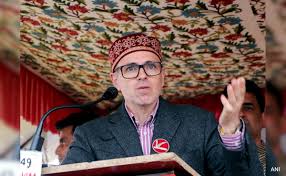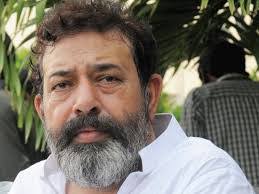Omar Abdullah: A Key Figure in Jammu & Kashmir Politics

Introduction
Omar Abdullah, the former Chief Minister of Jammu and Kashmir, remains a central figure in the politics of the region. His role is particularly relevant as Jammu and Kashmir continues to navigate complex political and social challenges following the abrogation of Article 370 in 2019. Understanding Abdullah’s position provides insights into the evolving dynamics of Kashmiri politics and governance.
Background and Political Career
Born on March 10, 1970, Omar Abdullah is the son of Farooq Abdullah and the grandson of Sheikh Muhammad Abdullah, both of whom were significant political figures in the region. He became a member of the Jammu & Kashmir Legislative Assembly in 1999, and by 2008, he was appointed Chief Minister, serving until 2015. Abdullah’s tenure was marked by various socio-economic challenges and a push for development amidst ongoing conflict.
Recent Developments
Post-2019, Abdullah has been vocal about the implications of the central government’s decision that revoked the special status of Jammu and Kashmir. He was detained for several months following the abrogation but has since re-emerged as a leading critic of the government’s policies. His recent statements focus on the rights of the people of Jammu and Kashmir and the need for dialogue for political resolution.
Abdullah’s political party, the National Conference, along with other regional parties, has been advocating for the restoration of statehood and democratic rights for the residents of Jammu and Kashmir. The coalition efforts among regional leaders reflect a growing desire for a unified stance on restoring local governance and addressing the concerns of the people.
Significance for the Future
Omar Abdullah’s influence remains significant in Jammu and Kashmir’s political landscape. His active engagement in advocating for the people’s rights indicates that he could play a crucial role in future state elections and political negotiations. As local tensions continue, Abdullah’s leadership could potentially shape the developmental agenda and political discourse in the region.
Conclusion
In conclusion, Omar Abdullah continues to be a pivotal political player in Jammu and Kashmir’s journey post-Article 370. As regional dynamics shift and the political landscape becomes more complex, Abdullah’s actions and the policies of the National Conference will be critical in determining the future of governance in Jammu and Kashmir. His ongoing commitment to regional issues highlights the importance of strong local leadership in navigating the challenges faced by the populace.









